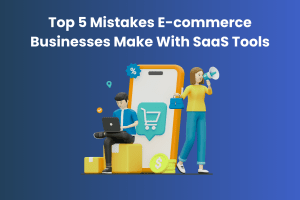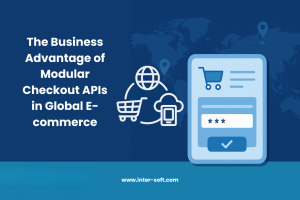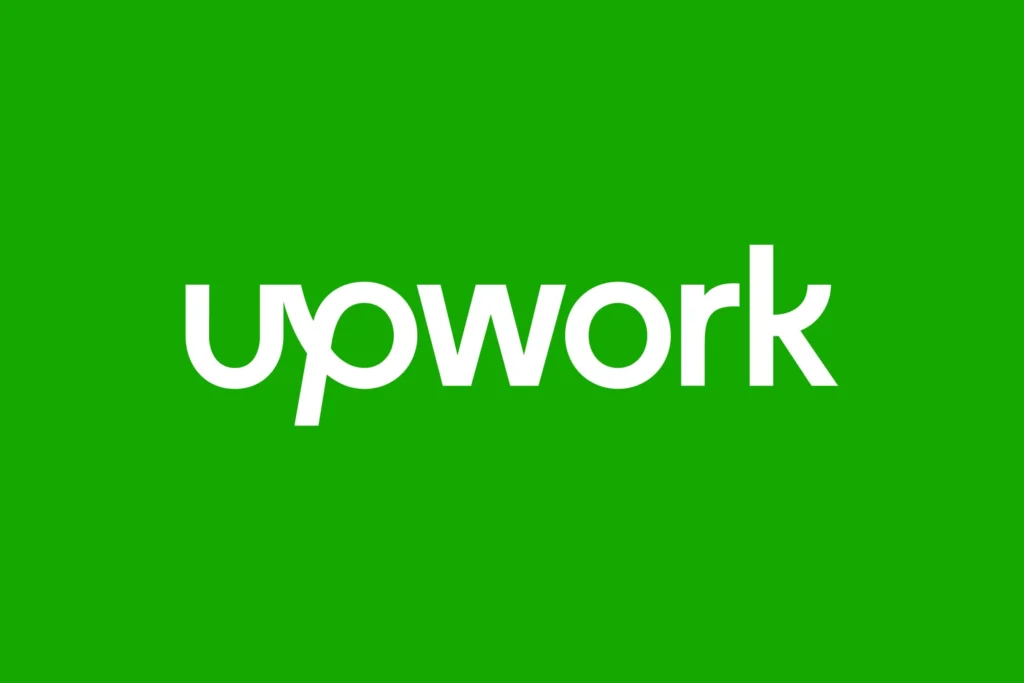In today’s fast-paced digital landscape, businesses are constantly seeking ways to gain a competitive edge. Custom software solutions have emerged as a powerful tool for businesses to streamline operations, improve efficiency, and enhance customer experience. Unlike off-the-shelf software, custom solutions are tailored to meet the specific needs of a business, making them invaluable assets for growth and success. Here are five ways custom software solutions can boost your business:
1. Increased Efficiency and Productivity
Table of Contents
ToggleOne of the primary benefits of custom software solutions is their ability to automate repetitive tasks and streamline processes. By automating tasks such as data entry, report generation, and inventory management, businesses can free up valuable time and resources, allowing employees to focus on more strategic initiatives. This increased efficiency not only improves productivity but also reduces the likelihood of errors, resulting in cost savings and higher-quality outputs.
For example, a custom CRM (Customer Relationship Management) system can centralize customer data, streamline sales processes, and provide insights that help businesses make informed decisions. By customizing the CRM to align with specific sales workflows and reporting requirements, businesses can optimize their sales processes and drive revenue growth. Additionally, custom software can integrate with other business systems, such as accounting or project management software, further streamlining operations and reducing manual data entry.
2. Tailored to Your Unique Needs
Off-the-shelf software solutions often come with unnecessary features or limitations that may not align with your business requirements. Custom software, on the other hand, is built from the ground up to address your specific needs and challenges. Whether you’re in healthcare, finance, manufacturing, or any other industry, custom software can be tailored to automate processes, integrate with existing systems, and provide the functionality you need to succeed.
For instance, a manufacturing company may require a custom inventory management system that integrates with their production processes and provides real-time insights into inventory levels, supplier performance, and order fulfillment. By customizing the software to meet these unique requirements, the company can optimize inventory management, reduce stockouts, and improve overall operational efficiency. Moreover, customization allows businesses to adapt quickly to changing market conditions and regulations, ensuring compliance and competitiveness.
3. Scalability and Flexibility
As your business grows and evolves, so do your software needs. Custom software solutions offer the scalability and flexibility to adapt to changing requirements and accommodate future growth. Whether you’re expanding into new markets, adding new products or services, or implementing new processes, custom software can be easily modified and expanded to meet your evolving needs.
For example, an e-commerce retailer may start with a basic online storefront but eventually require additional features such as personalized product recommendations (like on Amazon), multi-channel selling capabilities, and advanced analytics. With a custom ecommerce platform, the retailer can easily integrate these features as needed, ensuring that the software continues to support their growth and innovation initiatives. Additionally, cloud-based custom software solutions provide scalability by allowing businesses to scale resources up or down based on demand, without the need for significant upfront investment in hardware or infrastructure.
4. Competitive Advantage
In today’s competitive business environment, differentiation is key to success. Custom software solutions can give your business a competitive edge by enabling you to deliver unique value to your customers, streamline internal processes, and innovate faster than your competitors. Whether it’s through personalized customer experiences, faster time-to-market, or superior operational efficiency, custom software can help you stand out from the crowd and attract and retain customers.
For example, a custom mobile app that offers unique features and functionality not available in competitor apps can help a business capture market share and establish itself as a leader in its industry. By continuously innovating and refining the app based on customer feedback and market trends, the business can maintain its competitive advantage and stay ahead of the competition. Moreover, custom software can enable businesses to analyze data more effectively, uncovering insights that drive strategic decision-making and market positioning.
5. Enhanced Customer Experience
In today’s digital age, customers expect seamless and personalized experiences across all touchpoints. Custom software solutions can help businesses deliver exceptional customer experiences by providing tailored solutions that meet their specific needs and preferences. Whether it’s through personalized recommendations, self-service portals, or real-time support, custom software can help businesses exceed customer expectations and build loyalty and advocacy.
For example, a custom loyalty rewards program integrated into a retailer’s e-commerce platform can incentivize repeat purchases and encourage customer engagement. By customizing the program to offer personalized rewards based on individual shopping behavior and preferences, the retailer can enhance the customer experience and drive long-term loyalty and retention. Additionally, custom software can enable businesses to gather and analyze customer feedback more effectively, allowing them to continuously improve their products and services based on customer needs and preferences.
Conclusion
In conclusion, custom software solutions offer a range of benefits that can help businesses boost efficiency, agility, and competitiveness. By investing in custom software tailored to their unique needs, businesses can streamline operations, improve productivity, and deliver exceptional customer experiences that drive growth and success. Whether you’re a small startup or a large enterprise, custom software can be a powerful tool for achieving your business objectives and staying ahead of the competition.








